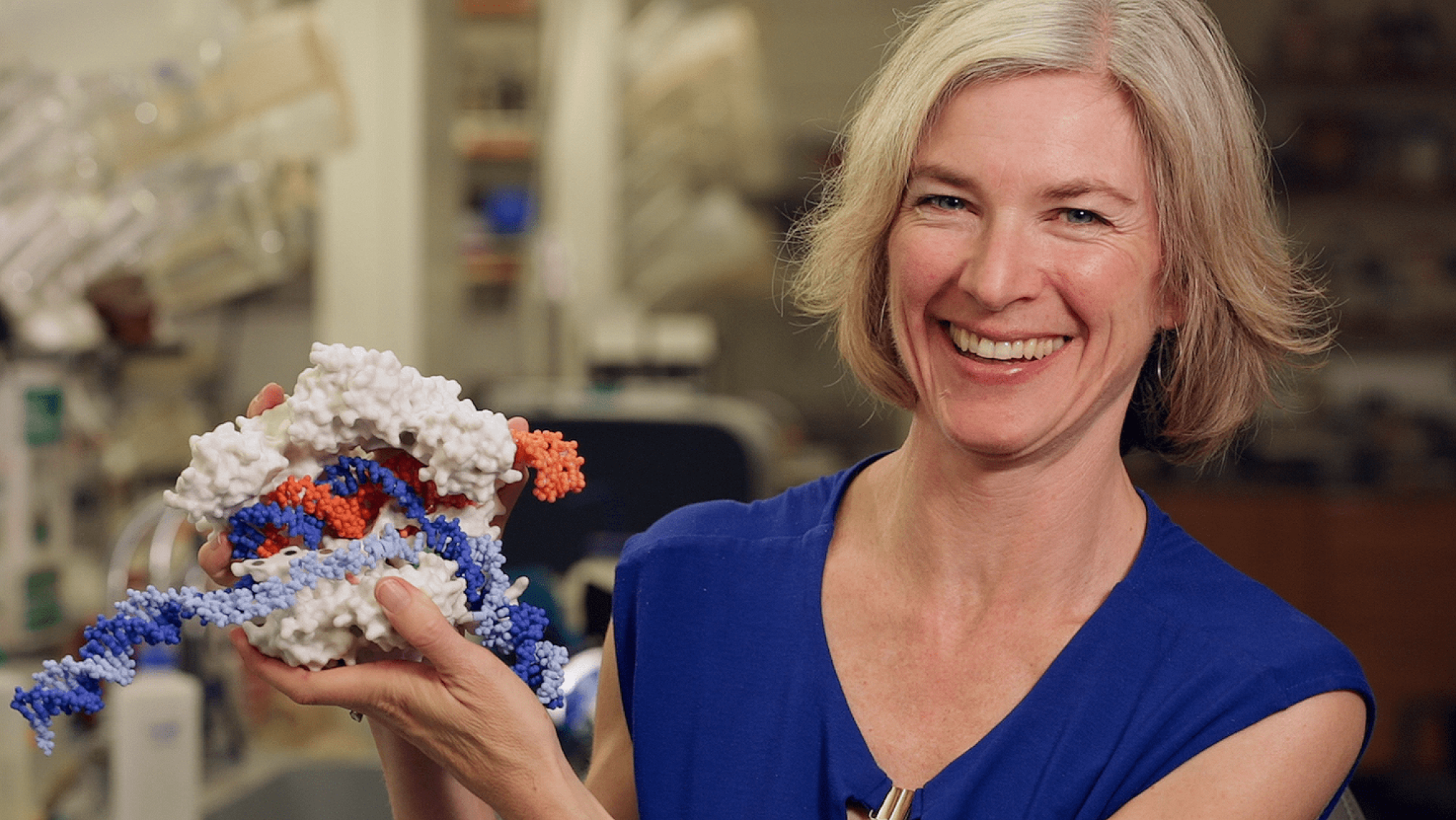On October 8, University of California (UC) Berkeley professor and prolific biochemist Jennifer Doudna won the 2020 Nobel prize in chemistry, alongside fellow scientist Emmanuelle Charpentier. The two became the first all-women duo to win a Nobel prize in a scientific field, for their groundbreaking work on CRISPR-Cas 9. CRISPR is a gene-editing tool that allows scientists to remove, add, or modify a section of a DNA sequence with a high level of precision.
Although CRISPR is far from the first gene-editing tool, Doudna said, “None of those earlier technologies were either easy to use, or allowed the kind of versatility we have with CRISPR.” In addition, CRISPR is easy to use because of its simplicity, making it monumentally cheaper than its competition and many people’s expectations for such advanced technology.
Doudna also pointed out the accessibility of CRISPR, and the opportunities that come with it. She said, “When CRISPR came along it became possible for laboratories essentially anywhere, and even in highschools … to change DNA sequences and study how it works.”
Throughout the history of the Nobel prize, only around 5 percent of the total laureates are women, and even less in the scientific categories, making Doudna’s achievement a stand out moment for women in science. As Doudna put it, “What this award tells scientists everywhere [is that] anybody can do science.”
Doudna’s receipt of the award has brought about well-deserved recognition of women’s contributions and discoveries in chemistry and the scientific field as a whole. “I hope that girls, in particular, that see this prize realize that they can do it too,” said Doudna, outlining the lasting positive impacts of her achievement.
“Because [CRISPR] is such a powerful technology, I think it’s very important the scientific community ensures it’s used responsibly,” said Doudna. She has advocated for limitations on CRISPR’s most controversial usage to edit human embryos, previously calling for the contentious application of CRISPR to be confined to urgent medical needs.
“I think fortunately here in the US we have already really good guidelines … that apply to CRISPR,” commented Doudna. However, these guidelines have not extended to all other countries, as demonstrated by He Jiankui, a Chinese researcher who used CRISPR in 2019 to edit the genes of two twin girls in an attempt to make them resistant to HIV. The degree of success that Jiankui achieved with his experiment is unclear, but it certainly caused many to make the case for stricter uniform guidelines for using CRISPR on human embryos.
Although many controversial and riskier usages of CRISPR are still topics of heavy debate, the technology is definitely poised to enter conventional medical care. “We’re already seeing dozens of clinical trials that are underway for treating biomedical conditions,” stated Doudna, who is as excited as ever to see her creation save lives.
She pointed out some of the most promising implementations of CRISPR, stating, “A specific example of [these implementations] is sickle cell disease where CRISPR has already been used to cure a few patients, and I think we’ll be seeing a lot more of that in the coming months.”
To high schoolers looking to get into the sciences, Doudna said, “Go for it … there’s never been a better time.”





